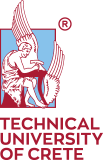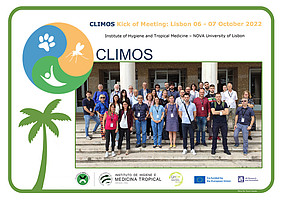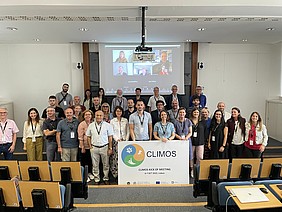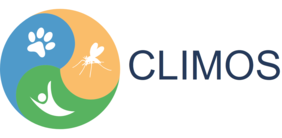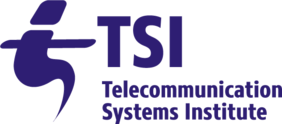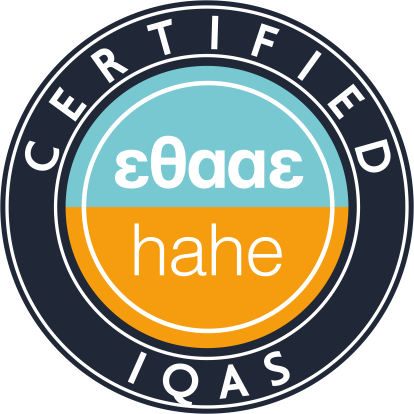Research Project CLIMOS (Climate Monitoring and Decision Support Framework for Sand Fly-borne Diseases (SFBD) Detection and Mitigation with Cost-benefit and Climate-policy Measures) brings together researchers, healthcare and veterinary practitioners, technology platform designers and at-risk communities, from 29 partners in 16 different countries, including the Telecommunication Systems Institute (TSI) at the Technical University of Crete, to conduct innovative and applied research. CLIMOS seeks to provide better understanding of climate and environmental drivers of sand fly borne diseases, to reduce model uncertainties for better prognosis of their current and potential spread, and to provide socio-economic and risk assessments for a diversity of stakeholders.
Between October 6th and October 7th 2022, the CLIMOS consortium was brought together to discuss the different work packages and the action points foreseen in each one of them, as well as to decide how the project will run during the next three years. The meeting took place in Institute of Hygiene and Tropical Medicine (IHMT) of Nova University in Lisbon, Portugal.
Objectives of CLIMOS
CLIMOS wants to achieve a public access interactive mapping and information services and recommendations for public and animal health, to assist future public (social, environmental, and financial) preparedness. To achieve this, CLIMOS will undertake vector surveillance and related data collection for analysis and mathematical and numerical climate, environmental and health modelling, to improve public health climate services. The project will engage with the public at risk, national stakeholders, and veterinary and public health institutions. It will seek to integrate EcoHealth and One Health approaches to produce new markers for animal and human infection risk, to detect and identify disease aetiology diversity across at-risk regions.
Five specific aims are at the core of the CLIMOS project:
- To develop CLIMOS frameworks for prediction, fast screening, economic assessment, decision support, and sand fly surveillance, based on the ecosystem diversity, stakeholder needs and requirements.
- To conduct data collection from cross-laboratory field studies in 10 countries, perform qualitative data collection, data analysis, and risk assessments, as inputs to policymaking and communication activities.
- To develop decision support models for assessment of SFBD-related health and socio-economic vulnerabilities and to provide better quantification of SFBD-related losses, cumulative effects of climate measures, and climate change on SFBDs development and spread.
- To systematically validate developed models, tools, and surveillance system, in 10 countries, using a proposed general public risk assessment method for policy-relevant usage.
- To implement a comprehensive scientific and public dissemination policy and outreach programme to communicate project results to a broad audience; to standardize vector and pathogen surveillance sampling and identification; and to maximise big data ontologies.
Follow CLIMOS on Social Media: Twitter and LinkedIn
Project Coordinator: Dr. Carla Maia
Principal Investigator for TSI: Associate Professor Sotirios Ioannidis
Contact - Press: Diana Guardado and Inês Melo e Faro





